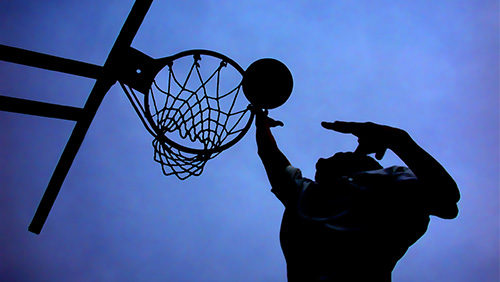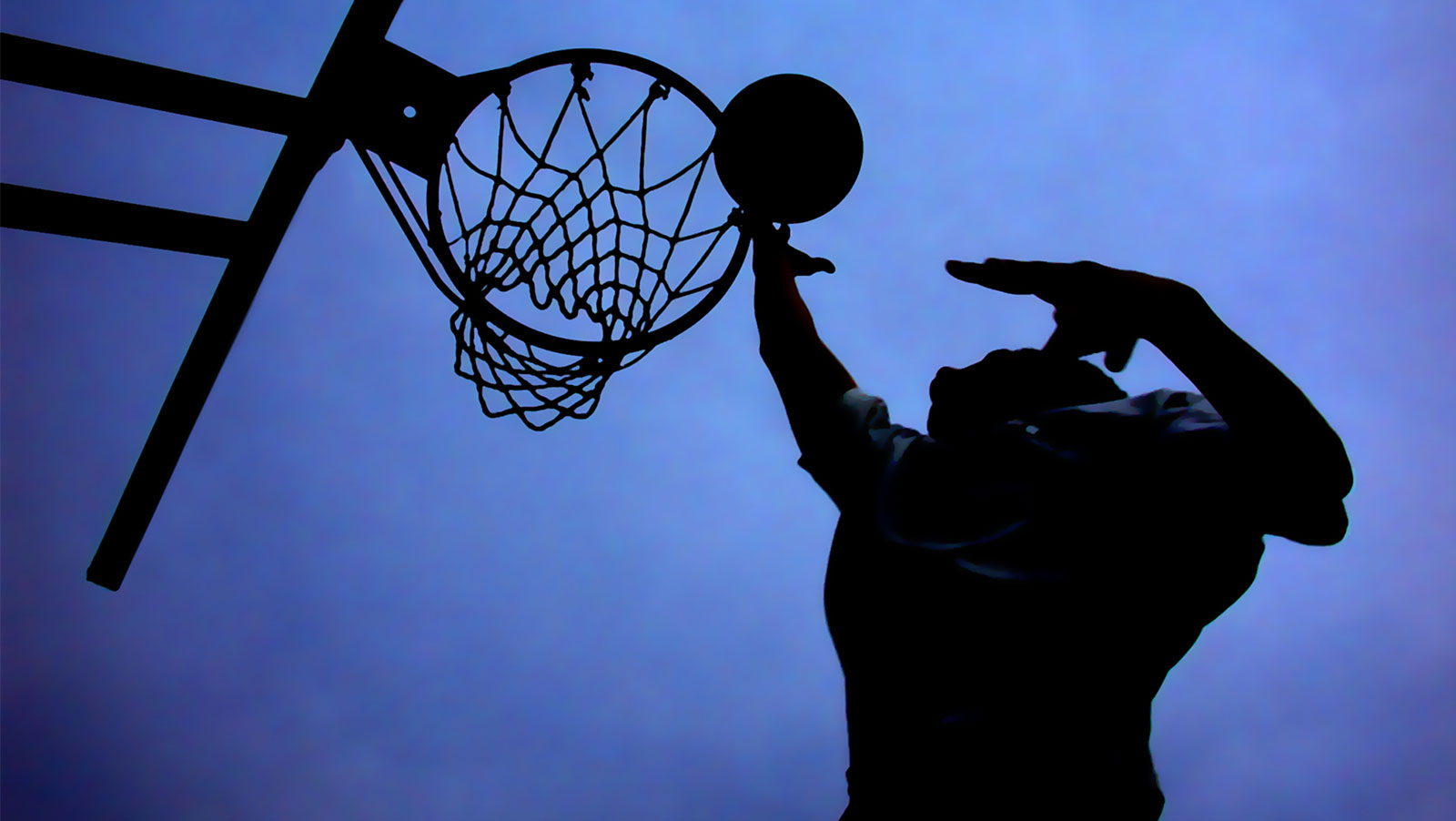 You never know who’s really your friend, goes the old saying, until the chips are down. Right now the NCAA is facing a problem that may challenge its very existence. And the best hope for saving it may be something that the NCAA has opposed for over 100 years now—namely, gambling.
You never know who’s really your friend, goes the old saying, until the chips are down. Right now the NCAA is facing a problem that may challenge its very existence. And the best hope for saving it may be something that the NCAA has opposed for over 100 years now—namely, gambling.
California’s governor has just signed the Fair Pay to Play Act, a law that allows student athletes in the Golden State to be paid for such things as endorsements and use of image, even hire their own agents. This directly contradicts USA policy, which specifically forbids such things. A court challenge is certain. But this milestone can be counted on to deliver other, less obvious surprises in American gaming law. In fact, it may pave the way for the Federal government to license and control all American gambling, online or off.
NCAA and sports
Gambling, after all, is one of the primary reasons the NCAA exists at all. The organization came into being in 1905, under the Teddy Roosevelt administration, originally to standardize the rules and tame the violence of college football. And since then it has grown steadily. Today the NCAA runs college sports in America, everything from baseball to water polo. More than 1,200 schools and colleges are members, fielding almost half a million student athletes. NCAA’s money comes mainly from TV rights and licensing, generating just over a billion dollars a year. Most of the money goes for championships tournaments, sports scholarships, and stadium upkeep.
But a big part of the organization’s mission is to preserve the image and integrity of college sports. Which very much involves suppressing gambling. In the NCAA’s own words, it “opposes all forms of legal and illegal sports wagering, which has the potential to undermine the integrity of sports contests and jeopardizes the welfare of student-athletes and the intercollegiate athletics community,” last year’s Supreme Court ruling to strike down NAFTA notwithstanding.
Right now, 18 states license sports betting, 15 allowing wagers on collegiate sports. New Mexico and Illinois, interestingly enough, permit college sports betting in general except on their own in-state college games. A further 21 states are considering the legislation necessary for licensing.
But this poses a double dilemma. If a college quarterback from California can charge for the use of his name and image in advertising and endorsements, but one from Texas or Florida is barred from that on pain of dismissal, then we have two systems. And the whole idea behind the NCAA is to provide standard rules and expectations across the country. The NCAA can and does penalize and even suspend sports programs at individual colleges who break the rules, especially in regard to recruiting, But it would hardly be possible to ban a whole state. Losing sports powerhouses like the UC or USC would diminish NCAA influence—perhaps even break it up, if more states follow California’s lead.
And then we have the money. College sports generates $11 billion a year. Not only is it a brisk commerce, but it is interstate commerce. And that means it can be very much affected by the Commerce Clause of the U.S. Constitution.
How it works
Section eight of the Constitution specifically grants Congress the power to regulate commerce internationally, interstate, and with the Indian tribes.
And what is commerce? Practically everything. And while in theory, state law and Federal law may exercise concurrent power over a given area of commerce, in actual practice when state law disagrees with Federal law, the Feds mostly win. This is because states are constantly tempted to use their lawmaking powers to limit and even exclude businesses that compete with their own home industries. Usually the interference is camouflaged in slogans such as “health and safety,” “protecting the environment,” and so forth.
But the Supreme Court has established that states which pass laws that restrict a given economic activity must be able to demonstrate those laws do not unreasonably burden interstate commerce. In short—is there a reasonable connection between what the law says, and the scope of the problem it’s supposed to remedy? To put it another way, is this the least burdensome way to get the benefits the law is supposed to bring? Does the end justify the means? You can rid a house of cockroaches, for instance, by burning the place down, but using roach traps and sprays will do the same thing without so much damage.
This analysis is what is called the “dormant Commerce Clause,” and it has been the guiding legal theory since the New Deal.
Gambling to the rescue?
College sports may or may not be interstate commerce. For while they certainly bring in money, and definitely cross state lines, simple money-making is not their main priority. It could be argued that sports are offered at colleges and universities, not for income (not that the schools won’t cheerfully take it), but for the advantages and benefits playing in a sport confers on the athletes, reinforcing traditional values of fair play, promoting fitness and sportsmanship. After all, women’s sports are offered even when they don’t make money, and very few people will put down money to see water polo. And last but not least, the NCAA itself is registered as a non-profit organization.
But there’s another aspect of college sports which has been clearly and specifically identified as commerce. Namely, gambling. As long ago as 1895, the Supreme Court ruled that bets which cross state lines are in fact items of commerce, even when the bet itself is illegal.1
Therefore, what California has done could very well be labeled as too burdensome on the interstate commerce in sports bets. And as with Internet poker, states that have authorized sports betting are being pushed toward organizing an interstate marked by pooling their respective clienteles.
California’s new law would be a tremendous obstacle to that. Appearances are everything, and there’s no way the average sports bettor would go for wagering in an atmosphere where one states allows athletes to get paid, and another doesn’t. It doesn’t look like a level playing field. It looks like amateurs against paid professionals. Then, too, the Black Sox baseball scandal of 1919 still casts a shadow over the idea of sports betting. The idea of paid college athletes, in other words, would give rise to suspicion at least some of those student athletes were just plain paid off.
But the old gambling-is-taboo attitude is changing, and changing rapidly. New income streams seem to be very good medicine against shadows of the past. When major league sports such as hockey and the NBA openly form partnerships with gambling companies like William Hill or Genting, it seems faintly silly to agonize about the influence of Wicked Gambling on innocent amateurs—and it should be remembered that the vast majority of college athletes do not go on to play professionally anyway.
It now seems that the only way to avoid a split up among the member colleges of the NCAA is if the courts strike down California’s pay for play law. It’s very possible this matter will be heard before the Supreme Court.
But the irony is a colossal. If the NCAA to maintain Its present shape, although not all of its present authority, it seems they will need to rely on the market for sports betting, online and off, that they have fought against for so long.
1 Champion v.Ames, also known as” the Lottery Case,” 188 U.S. 321, 354 (1903)
Mr. Owens is a California attorney specializing in the law of Internet and interactive gaming since 1998. Co-author of INTERNET GAMING LAW with Professor Nelson Rose, (Mary Ann Liebert Publishers, 2nd ed 2009); Associate Editor, Gaming Law Review & Economics; Contributing Editor, TSN. Comments/inquiries welcome at [email protected].
